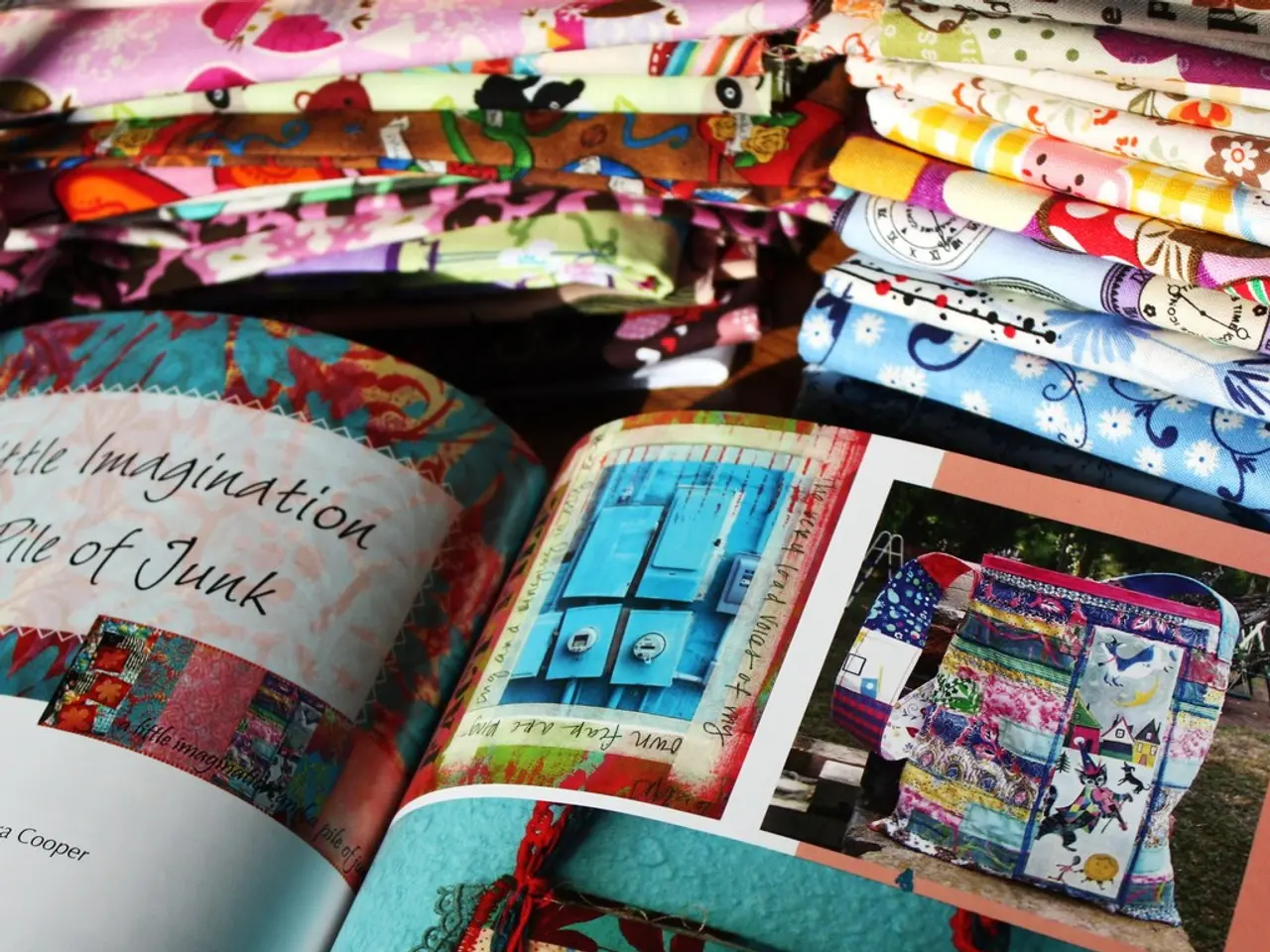Transforming Errors into Educational Moments: Strategies for Your Child's Growth
In the pursuit of success and personal growth, mistakes are often seen as stumbling blocks rather than stepping stones. However, a new approach is emerging that encourages viewing errors as valuable learning experiences, helping children build resilience and foster a mindset that lasts a lifetime.
This approach, which can be summarised in three steps, focuses on understanding what resilience means, learning and practising specific coping skills, and reinforcing these skills through daily practice in various situations.
1. Creating a Safe and Supportive Environment
The first step involves ensuring children have a space where they can express emotions freely without judgment or criticism. By offering emotional support, children are more willing to face mistakes and challenges without fear. This acceptance allows them to learn from their mistakes rather than hide or fear them.
2. Normalising Mistakes
Teaching children that errors are a natural part of learning and growth is crucial. Letting children know that everyone struggles and that mistakes happen to all reduces feelings of isolation and embarrassment. This helps children see mistakes as stepping stones on their path to success, not as failures.
3. Positive Language and Skill-Building
Encouraging a growth mindset by using positive language and teaching coping skills such as problem-solving, optimism, gratitude, and flexibility is essential. By framing mistakes as opportunities for learning, children are motivated to keep trying and build perseverance and confidence to face challenges.
Denis Waitley once said, "Mistakes are painful when they happen, but years later, they are called experience." This sentiment echoes the importance of learning from mistakes and transforming them into valuable learning experiences.
Breaking down big goals into smaller steps can make them easier to achieve, and embracing mistakes as part of the journey towards success and mastery can help create something new and beautiful. Facing fears like rejection, failure, and looking stupid is also common, but developing an "overcomer mindset" and adopting a growth mindset can help overcome these fears.
Learning from the experiences of others can help avoid repeating the same errors, and setting goals and defining one's purpose is key after a mistake. Amy Cuddy's research shows that power poses can help manage fear and boost confidence, while aligning your actions with meaning gives you the strength to overcome hurdles.
Rekindling a childlike faith and resilience to bounce back from mistakes can help adults face life's challenges. The scripture in Philippians 1:6 tells us that the God who began a good work in you will complete it. The "Believe Again" podcast and book inspire people to find hope and trust in God's promises, while gleaning from others can help you avoid mistakes and learn a lot.
By combining emotional support, positive reframing, skill-building, and modeling, adults can help children transform mistakes into valuable learning experiences and foster resilient mindsets that last a lifetime.
- To build resilience in children, creating a safe and supportive environment that encourages emotional expression without judgment is essential.
- Normalising mistakes by recognizing their natural occurrence in learning and growth can help children see errors as stepping stones instead of failures.
- Encouraging a growth mindset and teaching coping skills like problem-solving, optimism, gratitude, and flexibility can provide children with effective tools for learning from their mistakes.
- Learning from the experiences of others, setting goals, and defining one's purpose are crucial steps to turning mistakes into valuable lessons in personal growth.
- Incorporating practices such as power posing, belief in God's promises, and seeking guidance from others can help adults overcome fears, foster resilience, and transform mistakes into opportunities for growth and self-improvement.




